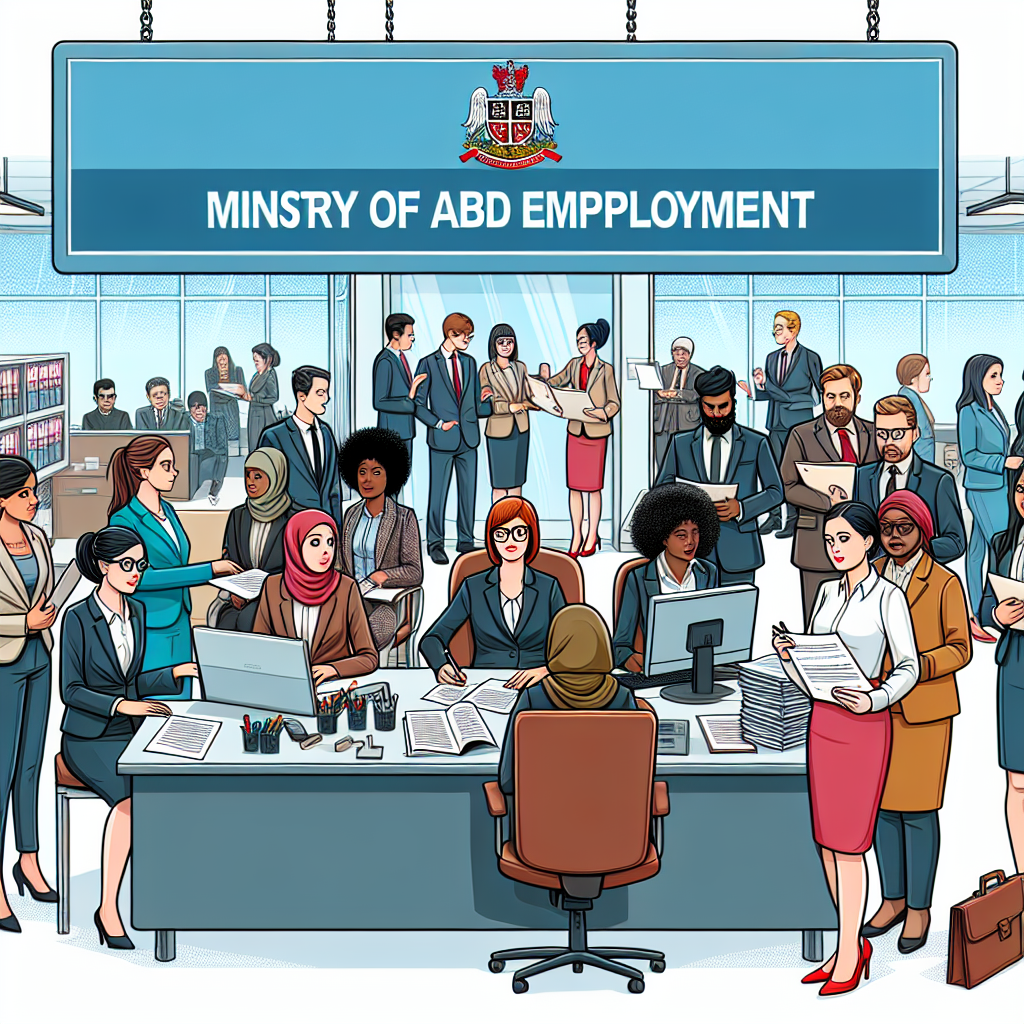India’s Workforce Revolution: Key Insights from “Conference on Future of Jobs”
India’s employment ecosystem is undergoing a significant transformation, with jobs increasing from 471.5 million in 2014-15 to 643 million in 2023-24 (RBI’s KLEMS database).

- Country:
- India
The Ministry of Labour & Employment (MoLE), in partnership with the Confederation of Indian Industry (CII), hosted the “Conference on Future of Jobs” on January 15, 2025, in New Delhi. Themed “Shaping Tomorrow’s Workforce: Driving Growth in a Dynamic World”, the event brought together policymakers, industry leaders, and experts to address the evolving employment landscape and strategies for creating a skilled, inclusive, and future-ready workforce for India.
In his keynote address, Dr. Mansukh Mandaviya, Hon’ble Minister of Labour and Employment & Youth Affairs and Sports, emphasized the importance of synergizing education and employment through skill development, fostering innovation, and preparing individuals for a rapidly changing job market.
“India has the potential to address global workforce shortages through initiatives like the Mutual Recognition of Skills and Standards, while ensuring that skilling goes beyond certificates to focus on practical expertise,” said Dr. Mandaviya.
Smt. Sumita Dawra, Secretary, MoLE, outlined three key focus areas:
- Digital Proficiency: Preparing a tech-savvy workforce for a tech-driven job market.
- Inclusivity: Building a diverse workforce that values equal opportunities.
- Sustainability: Integrating eco-friendly practices into workforce culture.
“India’s position as the Global Capability Centre (GCC) Capital of the World, with 1,700 centers employing over two million people, highlights our technological talent. This number is set to grow, fueled by advancements in AI, blockchain, and data analytics,” Dawra added.
Sectoral Insights and Recommendations
1. Manufacturing
Mr. Vinod Sharma, Chairman, CII National Committee on Electronics Manufacturing, proposed a National Employment Policy and a Task Force on Future of Jobs to address industry challenges. Key recommendations included:
- Developing a Universal Labour Management Information System (ULMIS) for efficient job matching.
- Incentivizing companies offering upskilling programs.
- Promoting earn-and-learn models to create an adaptable workforce.
2. Green Jobs
Mr. Rajendra Mehta, CHRO, Suzlon Group, highlighted India’s leadership in renewable energy employment, ranking fourth globally with one million jobs in 2023. He projected that the transition to clean energy would generate 10.3 million jobs globally by 2030, opening roles like Renewable Energy Technicians and Sustainability Consultants.
3. Hospitality and Tourism
Mr. Ajay Dutta, Vice President – HR, Indian Hotels Company Limited, emphasized the resurgence of India’s tourism industry post-pandemic. Key trends included wellness, spiritual, and rural tourism, with the sector targeting a $3 trillion valuation by 2047.
4. Smart Manufacturing
Mr. Dilip Sawhney, Chairman, CII National Committee on Smart Manufacturing, stressed the need for advanced skilling to support India’s vision of becoming a $7.5 trillion economy. With 90% of firms being MSMEs, he highlighted the role of analytics-driven roles in global value chains.
5. Logistics
Mr. Sukumar K, CEO of TVS Supply Chain Solutions, projected India’s logistics sector would grow to over $350 billion by 2030, driven by transformative policies like the PM Gati Shakti National Master Plan.
6. Healthcare
Dr. Ashutosh Raghuvanshi, CEO, Fortis Healthcare, emphasized the urgent need to address workforce shortages, with a projected global shortfall of 18 million healthcare workers by 2030. He advocated for increasing public healthcare spending and upskilling in digital health technologies.
India’s Workforce Transformation: Key Milestones
India’s employment ecosystem is undergoing a significant transformation, with jobs increasing from 471.5 million in 2014-15 to 643 million in 2023-24 (RBI’s KLEMS database). This growth is driven by:
- PLI Schemes boosting manufacturing.
- Increased investments in technology and startups.
- Emerging fields like green jobs and digital technologies reshaping employment landscapes.
Policy Recommendations
The conference culminated in actionable strategies to prepare India’s workforce for the global economy, including:
- Enhancing skill development and technological upskilling.
- Fostering public-private partnerships for inclusive growth.
- Promoting digital literacy and eco-friendly workforce values.
- Prioritizing inclusivity and sustainability in workforce development.
By addressing these focus areas, India aims to position itself as a global employment leader, meeting domestic demands while addressing global workforce challenges.
For updates, visit Ministry of Labour & Employment.










